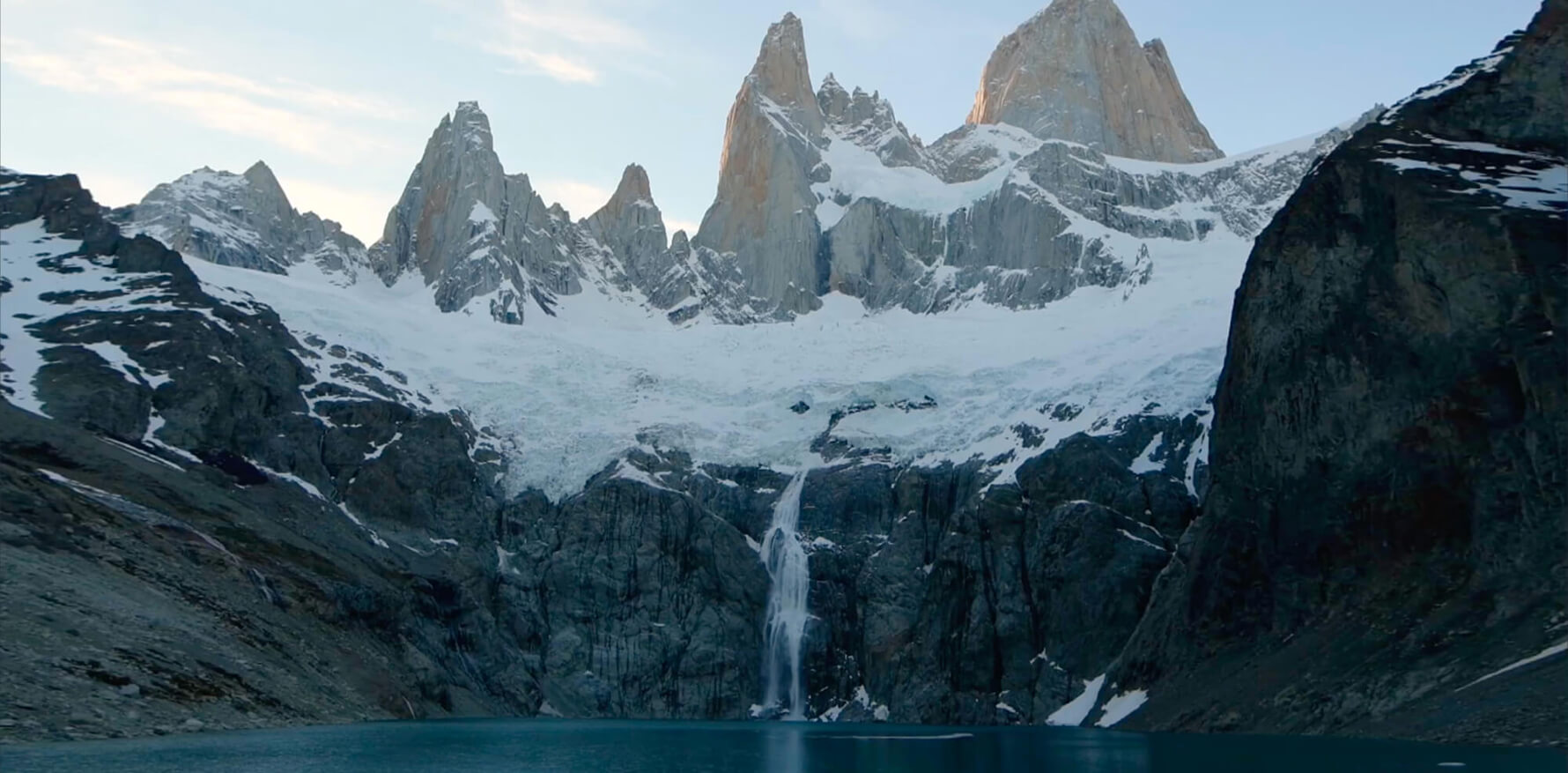Humans always like to prognosticate, whether it is about political campaigns, sports betting, the market, or the weather. The problem is most professional prognosticators perennially discount (or don’t even consider) variables that may cast their predictions into a negative light. Think about how many pundits predicted that Hilary Clinton would win the 2016 election or asserted that Donald Trump wasn’t electable. Consider how many economists and “financial geniuses” missed the mark on the 2008 financial crises and subsequent bank bailout. How about climate change or the COVID-19 global pandemic?
There is a term in economics called a long-tale event. I know, it sounds technical, but it is actually fairly straight forward. The idea was summarized pretty succinctly by Nassim Nicholas Taleb, in the 2007 book The Black Swan. According Taleb, a Black Swan event is defined by the following attributes:
- “It is an outlier, as it lies outside the realm of regular expectations, because nothing in the past can convincingly point to its possibility
- It carries an extreme ‘impact’
- In spite of its outlier status, human nature makes us concoct explanations for its occurrence after the fact, making it explainable and predictable.”
As they say, hindsight is 20/20. A great idea, like the internet, is always a no-brainer once it is fully realized. And catastrophic long-tale events, like the 2008 subprime mortgage meltdown and the Coronavirus outbreak, seem eminently preventable (or manageable) in retrospect.
A friend, and prominent US banker told me on March 8, that is, the day before the worst day in the market history since 2008, “The market doesn’t prepare for long-tail events.” I thought it was a sage admission from a person (who is thoughtful, and I quite like) that is immersed in a culture of the-market-will-solve-the-problem groupthink. BTW, if you are not familiar with the term groupthink, it is basically the tendency of thinking or making decisions as a group that discourages creativity, individual responsibility, or contradictory views. And it is a recipe for catastrophe.
Climate change is one such long-tail event, and it is marching apace with no regard for our tidy ideological views or hopes and prayers, much like the spread of COVID-19. Like COVID-19, climate change “containment and mitigation” requires collective action, not the invisible hand of the market. As Dr. Anthony Fauci. The Director of the National Institute of Allergy and Infectious Disease said regarding Coronavirus:
“If you look at the curves of outbreaks, you know, they go up big peaks, and then they come down. What we need to do is flatten that down…That would have less people infected. That would, ultimately, have less deaths…If you think of [the] health-care system as a subway car, and it’s rush hour, and everybody wants to get on the car, so they start piling up at the door. They pile up on the platform…There’s just not enough room in the car to take care of everybody, to accommodate everybody.”
What Dr. Fauci is describing is a long-tail health crisis, and what he is asking the public for is altering individual behavior to “flatten the curve”. But as evidenced by the inadequacies of a healthcare system based on market outcomes, not collective health, we are dangerously underprepared for the crowded subway car analogy that Dr. Fauci is describing. There are 68,000 ICU hospital beds in this country, and even a moderate COVID-19 outbreak will require 200,000 ICU beds. The country with the most impressive containment and mitigation results, South Korea (a single-payer healthcare system) has 12 hospital beds for every 1,000 people. The US has about 2.8. In other words, South Korea (one of the wealthiest OECD countries) is prepared and has prepared for a Black Swan. The US, not so much. If you think that a single-payer system isn’t efficient, you would be wrong again—South Korea has the fourth most efficient healthcare system in the world, according to Bloomberg.
So what does this have to do with Patagonia? Well, the Black Swan has arrived in Patagonia too, and it is not pretty. The rate of climate change is accelerating and according to Eric Rignot, a glaciologist at NASA’s Jet Propulsion Laboratory, “They are, in fact, melting away at some of the highest rates on the planet.” The unprecedented event that is unfolding will require behavioral changes (and personal sacrifice), not unlike the changes in behavior that are recommended to “flatten the curve” of the COVID-19 outbreak.
Such a restructuring of the way we live is long overdue, and COVID-19 has (and will continue to make) that increasingly clear. We have given the market a chance to handle COVID-19 and climate change, and the market has proven to be not only unresponsive but has worked against our collective interests. If you don’t believe me, just check the prices for hand sanitizer on Ebay—it’s $29 for an 8oz container of Purell. Why the government is not producing and distributing hand sanitizer for free is beyond me, but I am confident that like with many long-tail events people with the benefit of hindsight will wonder what in the hell we were doing.
What are some long-tail events in sport, entertainment, economics, or politics that interest you?






